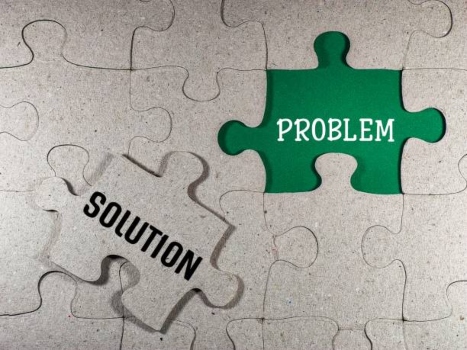And How It Fits in My Morning Routine
We’ve been discussing routines and how they help us get more done. How reading and learning is a big part of developing a good routine. And how I use journaling. Last week it was daily planning.
The first thing on Daily Planning is reviewing my Weekly Life Plan. That’s what we’ll go over this week.
What is a Life Plan?

A life plan is pretty much what it sounds like … it’s a plan for your life. This plan is going to look different for everyone, because we are all different after all.
My life plan is made up of the dreams and goals I want to accomplish in my life. Each year I review them and put together a plan of what needs to be done this year to keep me on track. I then break those annual goals down into quarterly, monthly, and weekly actions to achieve my goals.

The Weekly Life Plan is then reviewed daily.
Reviewing this helps me to get my day started off focused on who I am and what my mission is. It breaks the big goals down into small pieces that need done today.
Last week, I talked about how I do this by opening a scheduled event on my computer calendar. In the note section of that event, there is a list of things to do. Some of those have links to a OneNote page.
Here’s what Daily Life Planning includes –
- Word of the Year – Reminder of what my word of the year is and its accompanying theme.
- Current Decision of the Seven Decisions – This a one-line reminder of the current decision that I’m reading through.
- My Why or Purpose – This is what I’ve been put here to do.
- My Mission – This is what I’m supposed to do with my life, based on my purpose.
- My Vision – This is the larger picture: seven years in the future.
- My Core Values – These are the twelve values that are the foundation my life is built on. I read through the list to remind myself what they are.
- Life Principles – These are overviews of the Seven Decisions from Andy Andrews book, The Traveler’s Gift. And the twelve principles from the book, The Legend of the Monk and the Merchant by Terry Felber.
- Breaking Big Things Down into Smaller Pieces – This is to once again to remind me that big things can be accomplished, but not all at once.
- First Next Step – This helps me to focus on the next thing that needs done.
- Weekly Results – A checklist of the things that need to be done this week in the different areas of life.
- Someday Goals – These are the big dreams I have for the future. This is a list of things that can be done to keep me moving forward toward these big goals. Some are really, really big.
These are the big things on the daily planning list. It is more of a perspective and direction for the day. The rest of the things are more specific to the actions that need to be done today to stay on track for the week.

If you would like to see what my daily life plan looks like or would like a template to you can create your own, click on the download links below. If you have questions about life planning and how to incorporate it into your routine schedule a free 30-minute consultation.





































